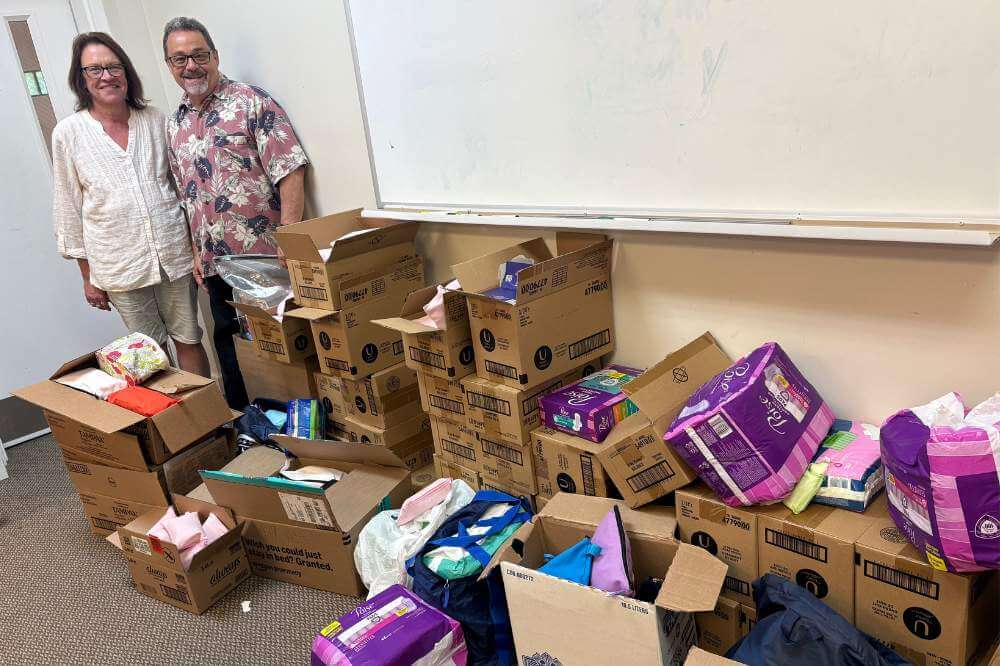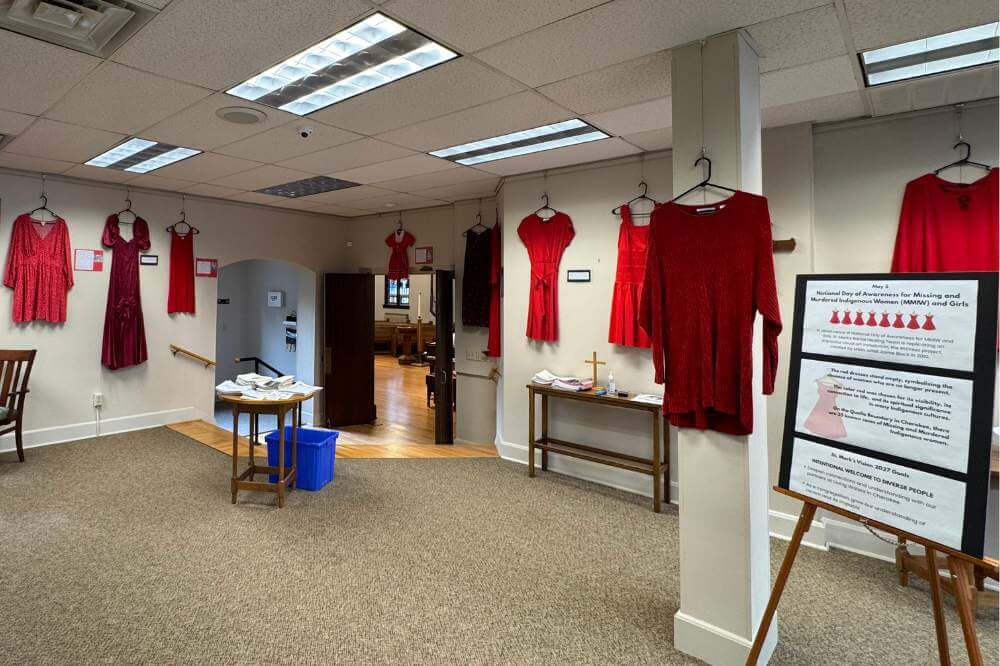Image credit: Tyler Ruddy
“Community is power. It’s empathy. And, it’s love.”
Those were the words of KeeKee Scott, member of The Dwelling in Winston-Salem and one of the few different individuals introduced to folks like myself and other NC Synod Young Adults from all across the state this past Advent season. KeeKee’s words, of course, were well-spoken and powerful for many reasons, least of which includes the work The Dwelling does by shining a light on the injustice of poverty in America, but in the weeks since Connect NC first met and launched its Advent programming, I’ve been thinking on KeeKee’s words a lot as they relate to the future of this church and its uncertain future.
This church, as has been well-documented, is on the decline. In 2022, for instance, the ELCA found that overall participation throughout the synod went from 31,927 active participants to 30,815 the following year in 2023[1]. This trend isn’t new—the writing has been on the wall for almost my entire life, with this latest report only confirming yet again what we already know: Christ’s Church is slipping, both in the ELCA and in other denominations across the board.
Now, far be it from me to draw any sort of definitive conclusions as to why that might be, least of which includes the fact that I am certainly not qualified to elaborate on any sort of front in that particular sense, but here’s what I will say: I am not worried. I’m not worried about the future of the church because I wholeheartedly believe that through the work that Connect NC aims to accomplish by providing the NC Synod and its young adult members with tailored programming and, yes, opportunities to forge community, this church will continue to live on in the years and decades to come.
Young adults have, historically, been forgotten about by many congregations and bodies. One thing that has always been true, though, is the unique gifts and perspectives young adults provide and lift up to a congregation and its synod, including gifts that would otherwise cease to be found elsewhere among that same congregation or synod’s members. Our young adult groups, from the mountainous terrains of Appalachia to the sandy beaches of Wrightsville and Wilmington, all ask hard, difficult questions, but they also help us answer what the very word of community might mean and look like for this church going forward.
Being together online this past Advent with those same young adults gave me so much hope. We laughed, we shared stories, we retold one another the Advent story and its theme on uncertain futures, and we started to dream and wonder what 2025 and beyond might look like. With the help and support of Connect NC and the NC Synod, I think I speak for every young adult out there when I say that the future looks exciting and promising.
Community in Ancient Greek is roughly translated to koinonia, which, put simply, refers to the deep, intimate fellowship and communal participation found among disciples, as well as their shared relationship with Christ.
Community in Latin is made up of two distinct roots: Com and Munis. Com signifies “togetherness or unity,” whereas Munis quite simply means “to serve.” As we continue to listen to the ways the Spirit is moving Christ’s church in a new direction, my prayer is that we, as the church, in turn, continue to live out that very ethos: to serve together with our young adults and others in community and in service to the world.
[1] “Summary of Congregational Statistics as of 12-31-2023.” ELCA, 13 Sep. 2024
Thanks be to God for the young adults who offer their time and energy to contribute to various forms of fruitful ministry. Advent/Lenten small groups and serving at LYO Assembly are only some of the many ways young adults are exercising their faith in their communities. We look forward to the increased awareness of young adult ministry activities across North Carolina led by ministry leader, Mark Hustedt, and supported by the newly formed, grant-funded, official young adult ministry of the NC Synod, Connect NC.
Story Attribution:
Tyler Ruddy (Grace, Boone) for the NC Synod



